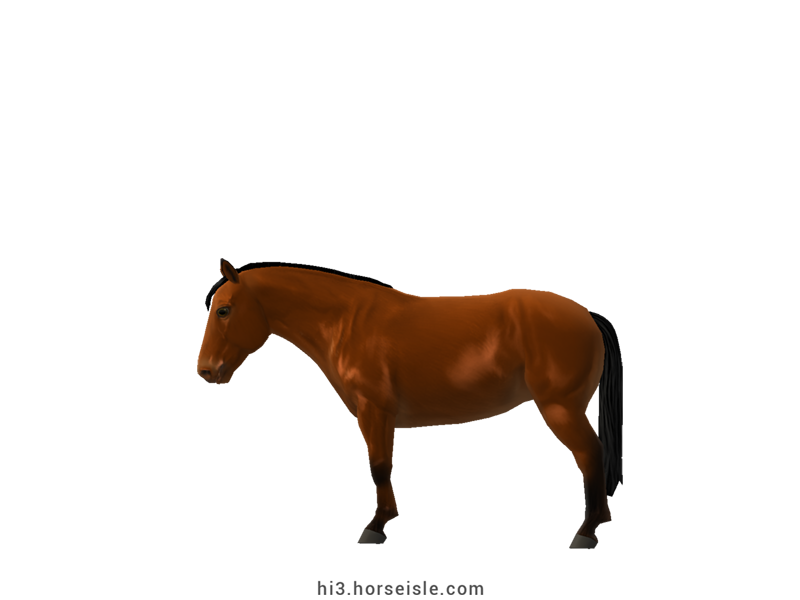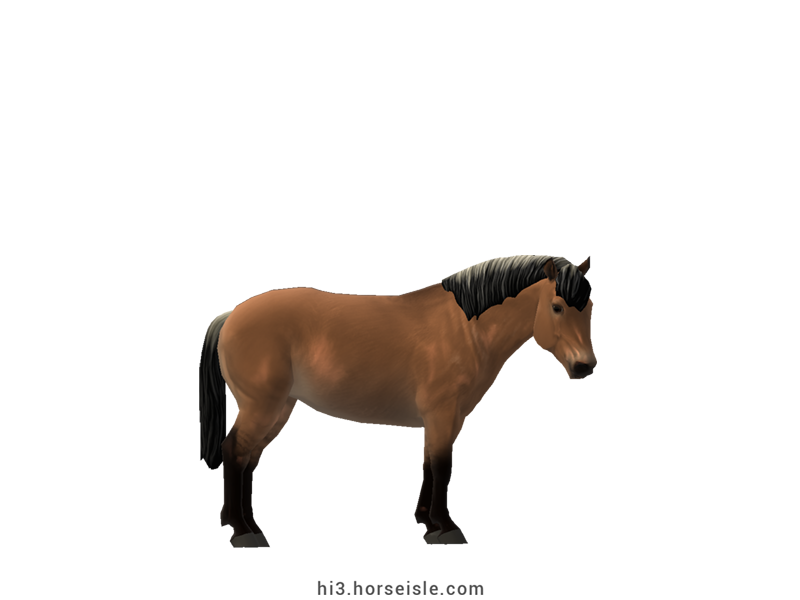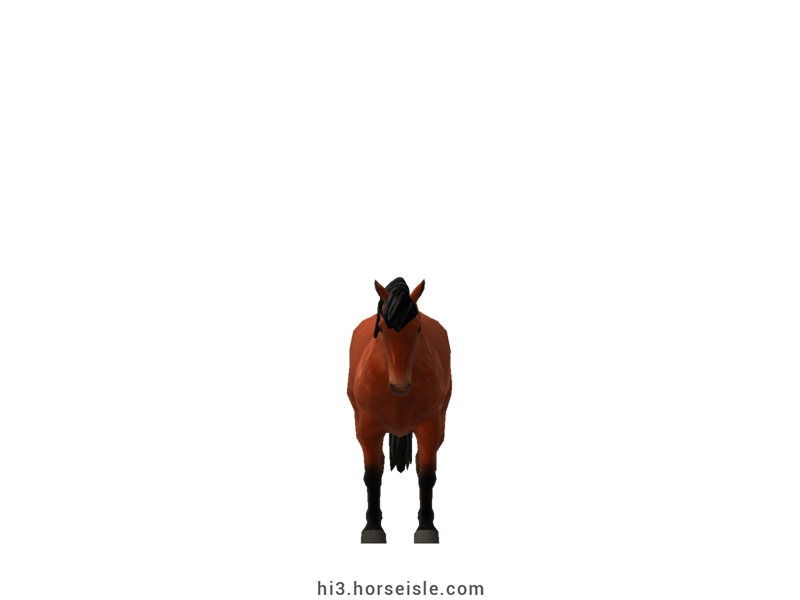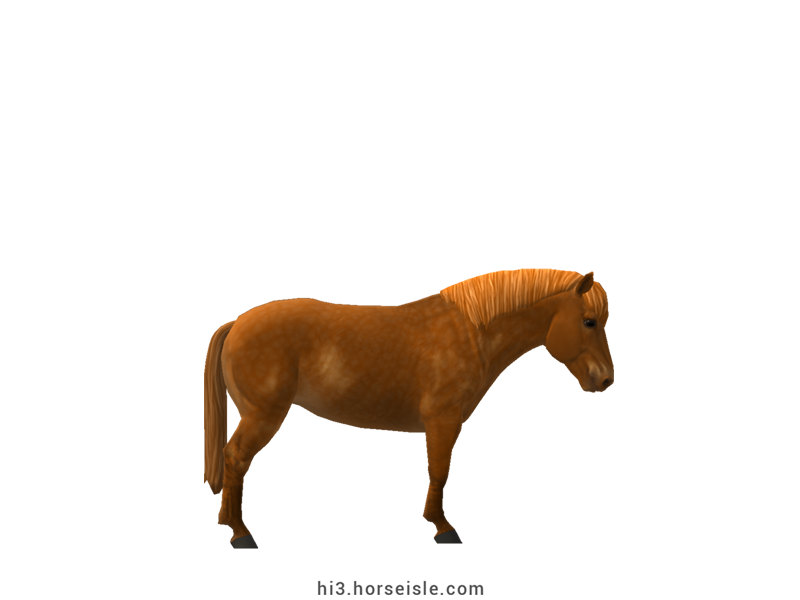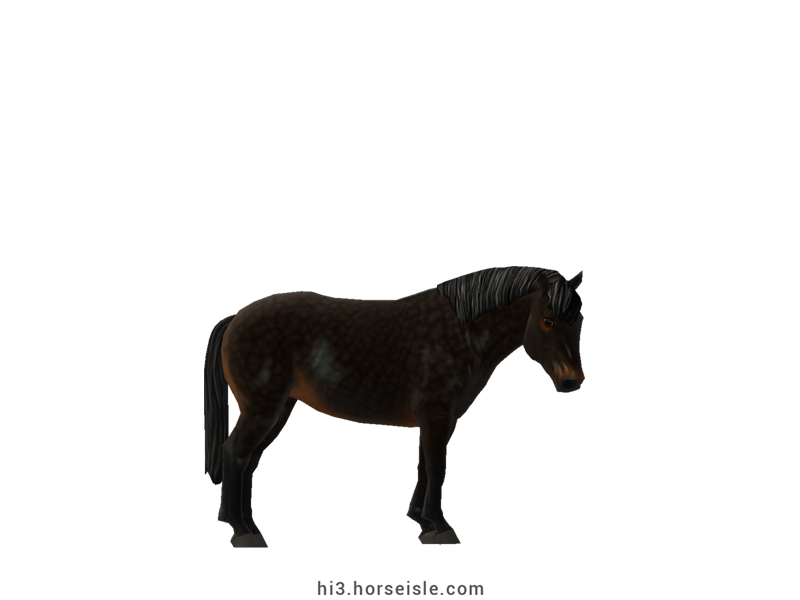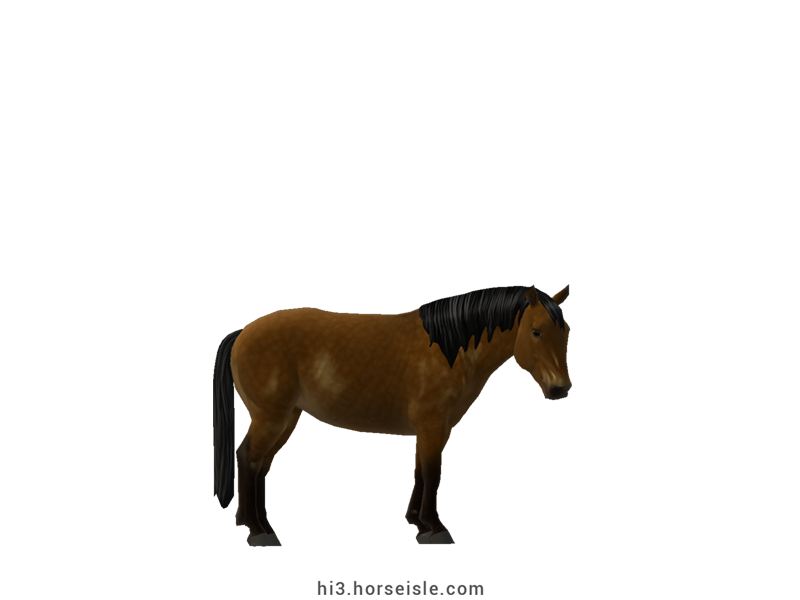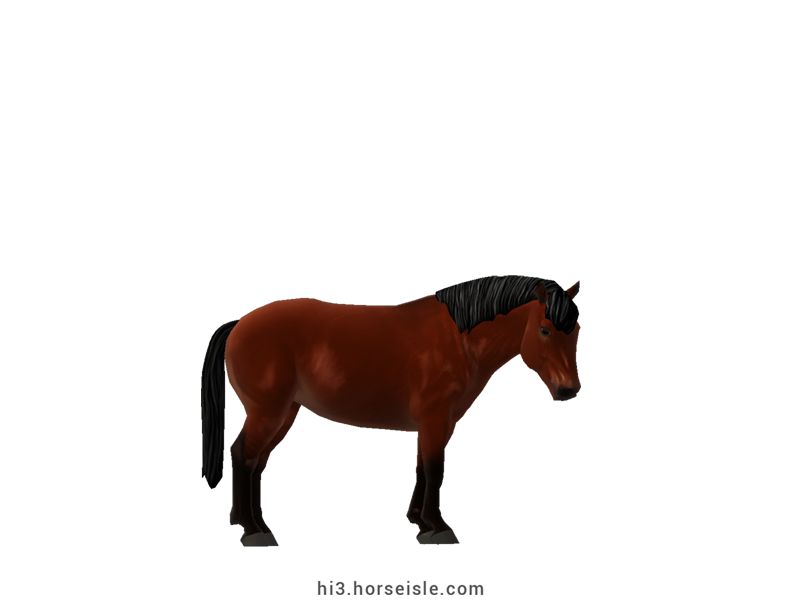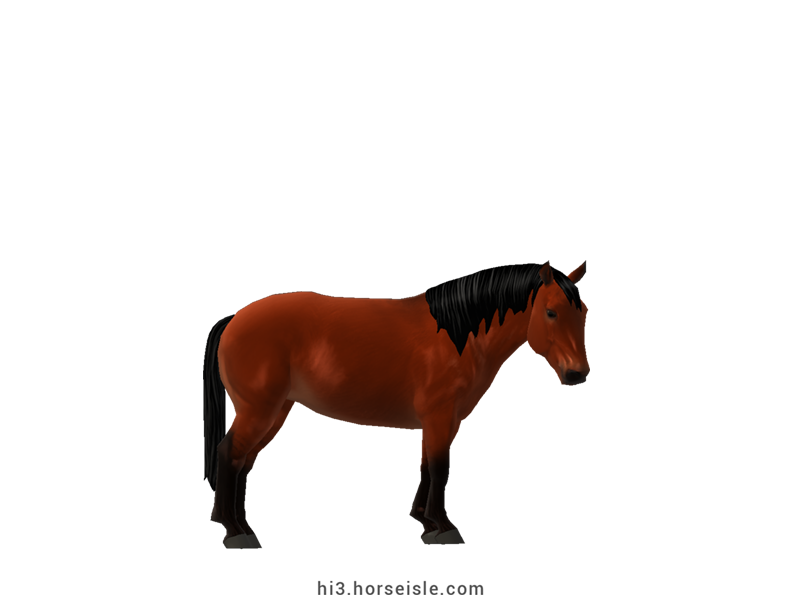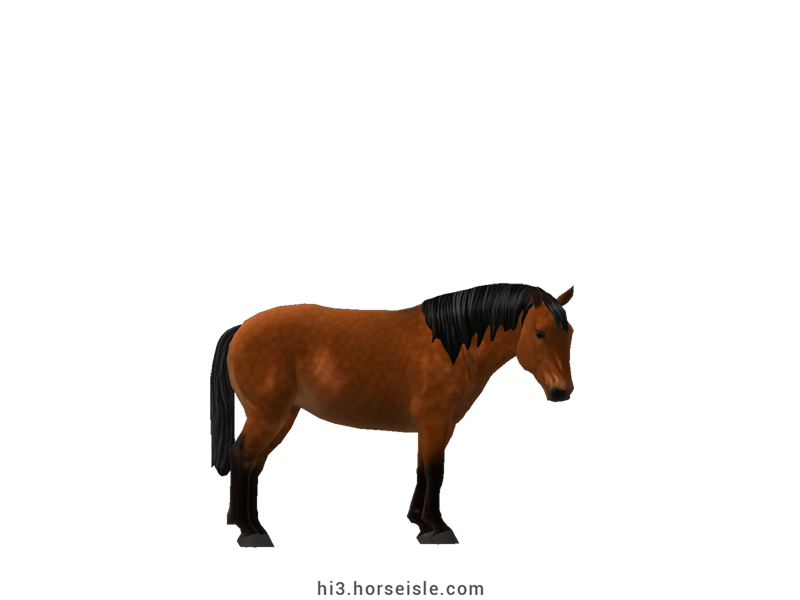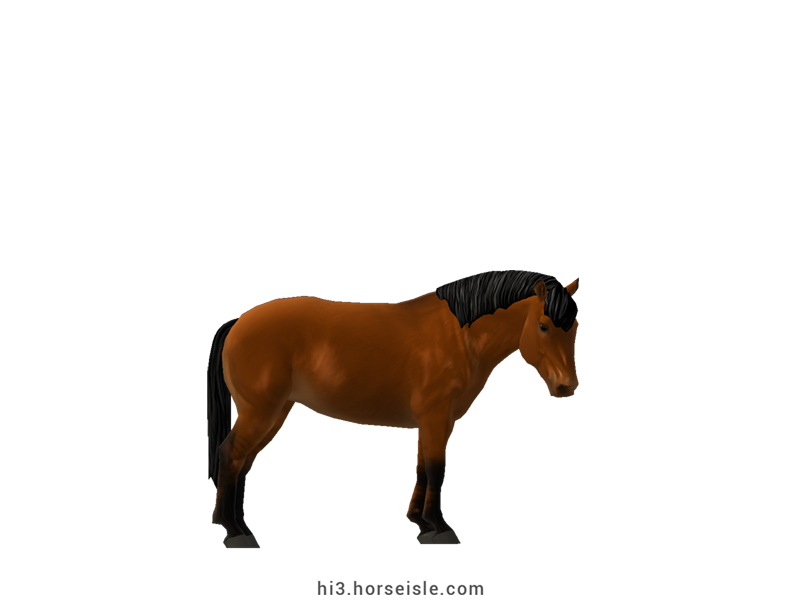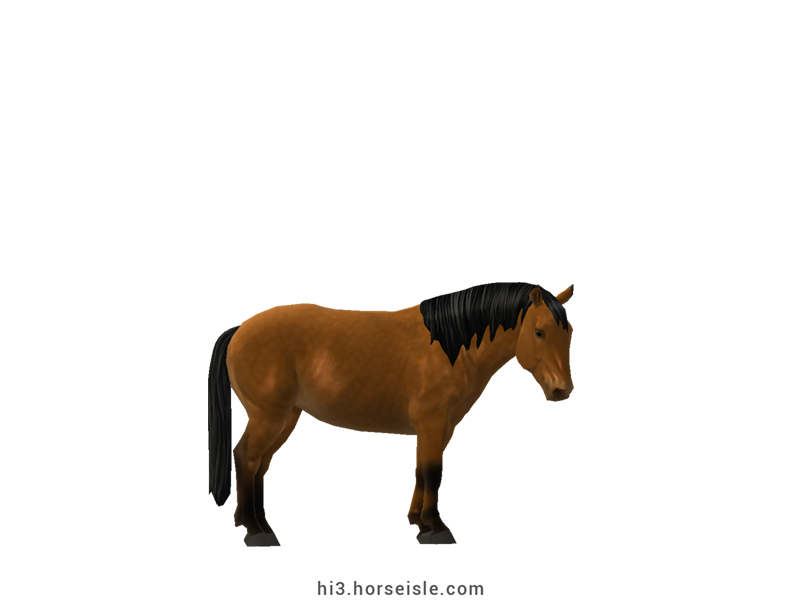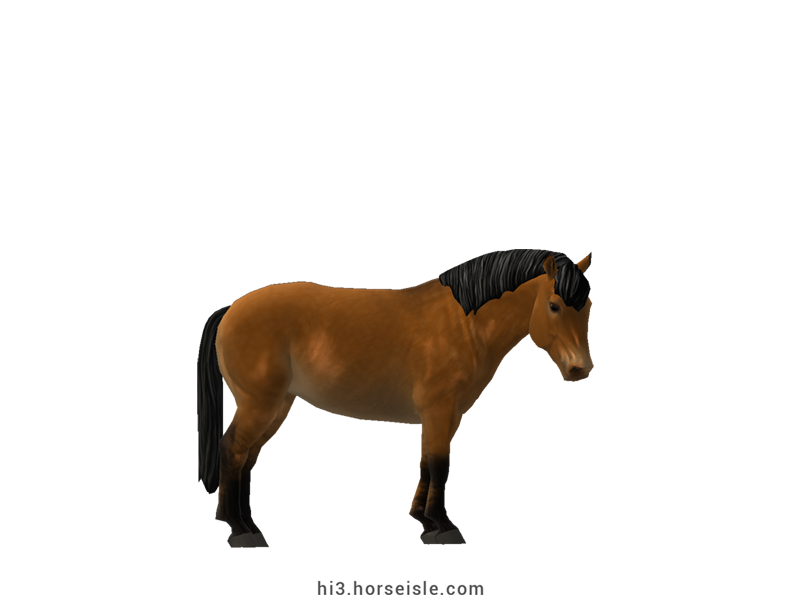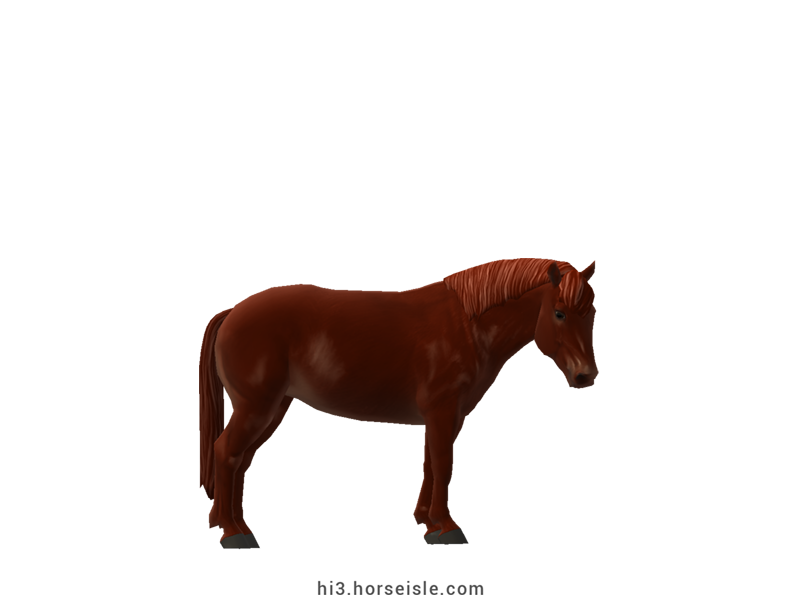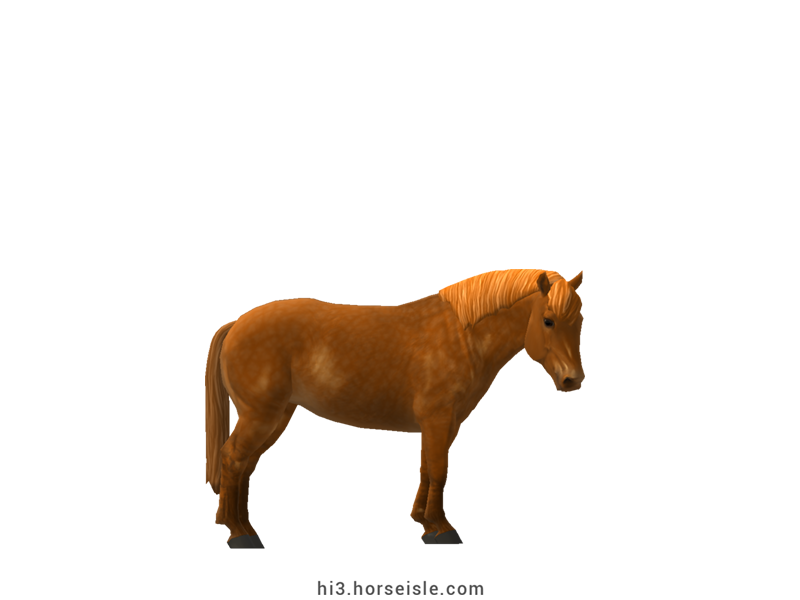Our Massive Real World Equine Reference!
[ INDEX ] Equine Type: Horse Breed: Kiso [ PREV ] [ NEXT ]
Old origins:
The origins of the Kiso horse are shrouded with mystery, but the current assumption is that they descended from Mongolian horses. According to a document from the 6th century, Kiso horses were already known to roam in the Nagano Prefecture region, where the mountainous Kiso district is located. This means that the Kiso has roamed in Japan for over a thousand years, making them the oldest native Japanese breed.
Nearing extinction:
Until the mid-19th century, Kiso horses were essential for the residents of the Kiso region, who used them for farm work, traveling, and cavalry. During the mid-19th century, however, Kiso horses were considered to be too small for the Japanese cavalry, and many of them were crossbred with larger breeds to generate larger cavalry horses. This threatened the existence of the purebred Kiso.
During the 20th century, the mechanization of transportation and agriculture left Kiso horses redundant, and breeders stopped breeding them. As a result, the numbers of purebred Kiso horses decreased, and with only a couple dozen of horses left Japan's oldest horse breed was at risk of extinction.
Saving Japan's oldest horse breed:
During the 1970s, thanks to conservation efforts, the numbers of Kiso horses gradually grew, and passed the 100 horse mark.
Today, the Kiso is a rare breed. The main breeding program for Kiso horses takes place in the Kiso Horse Village, and consists of 30 Kiso horses. These horses are used for tourism and therapeutic riding, and as such they are bred to have a gentle nature.
Conformation:
Despite being shorter than 14.2hh, the Kiso is considered a horse rather than a pony. Its conformation is characterized by a heavy head with a deep jaw, a short and thick neck, a straight back, a deep and large barrel, a wide chest, short legs, and hard hooves that are well-suited to climbing the local mountains.
The mane and tail are often thick, and the legs often have light feathering.
Performance metrics:
The following are the: range, average, (SD), and MOE of performance metrics of ordered Kiso horses in Horse Isle (not bred ones). In rare cases,
Speed: 13.6-15.1, 14.2 (0.3), 0.06.
Sprint: 40-52, 46 (3), 0.54.
Accel: 0.87-1.07, 0.97 (0.04), 0.01.
Decel: 0.90-1.06, 0.98 (0.03), 0.01.
Jump: 4.80-5.04, 4.93 (0.05), 0.01.
Pull: 1.86-2.69, 2.20 (0.17), 0.03.
Turning: 46.73-61.48, 54.13 (3.15), 0.62.
Reverse: 2.2-3.0, 2.6 (0.1), 0.03.
Stamina: 45.92-51.63, 48.61 (1.15), 0.23.
Reaction: 0.63-0.74, 0.69 (0.03), 0.01.
Coats & Height:
Colors: usually bay, but can also be chestnut, brown, and, more rarely, dun.
Additionals: flaxen, mealy, sooty, linebacked. No white markings.
Height: most Kiso horses stand between 13hh and 13.2hh, but the full height range of this breed is 12.1hh to 14hh.
[ INDEX ] [ PREV ] [ NEXT ]

